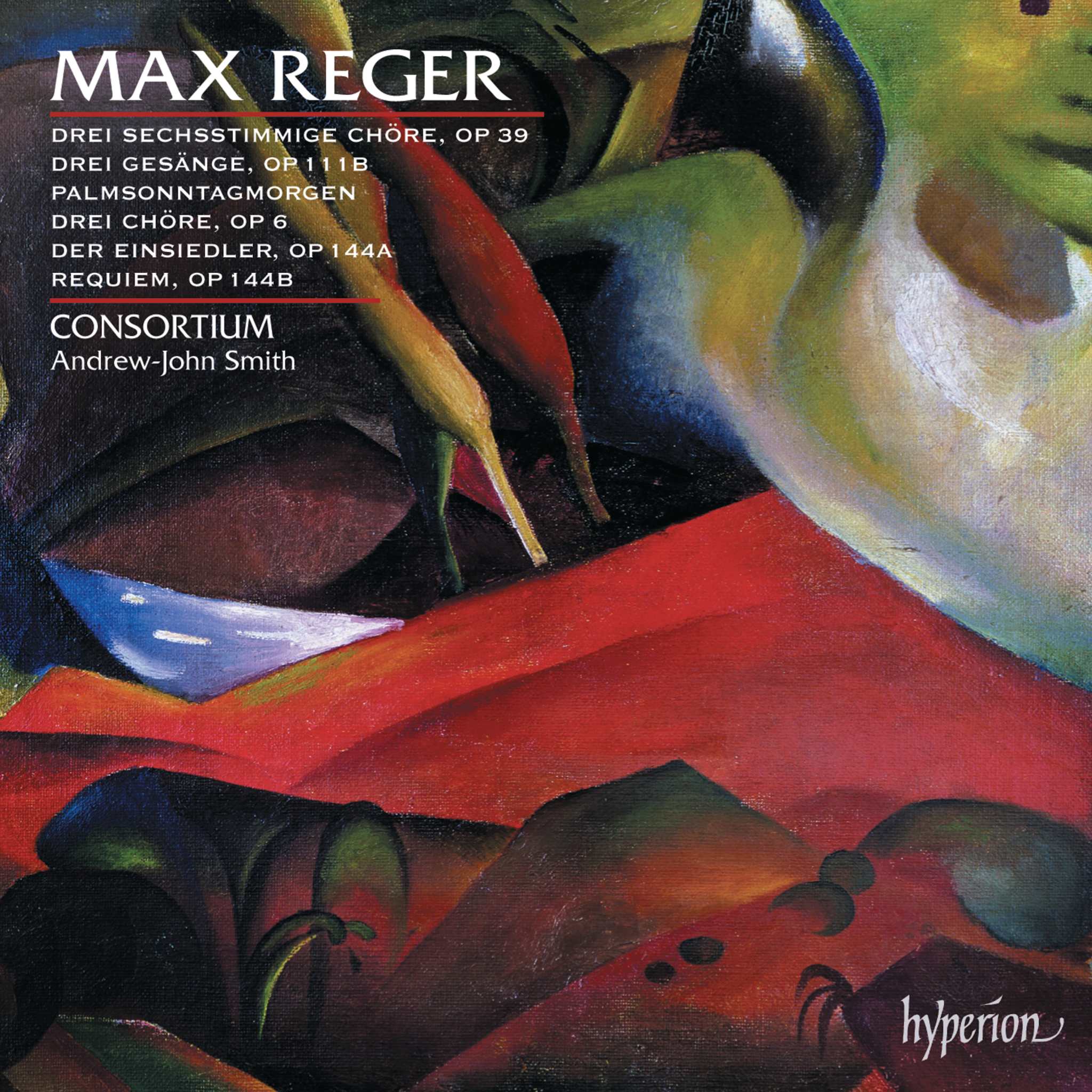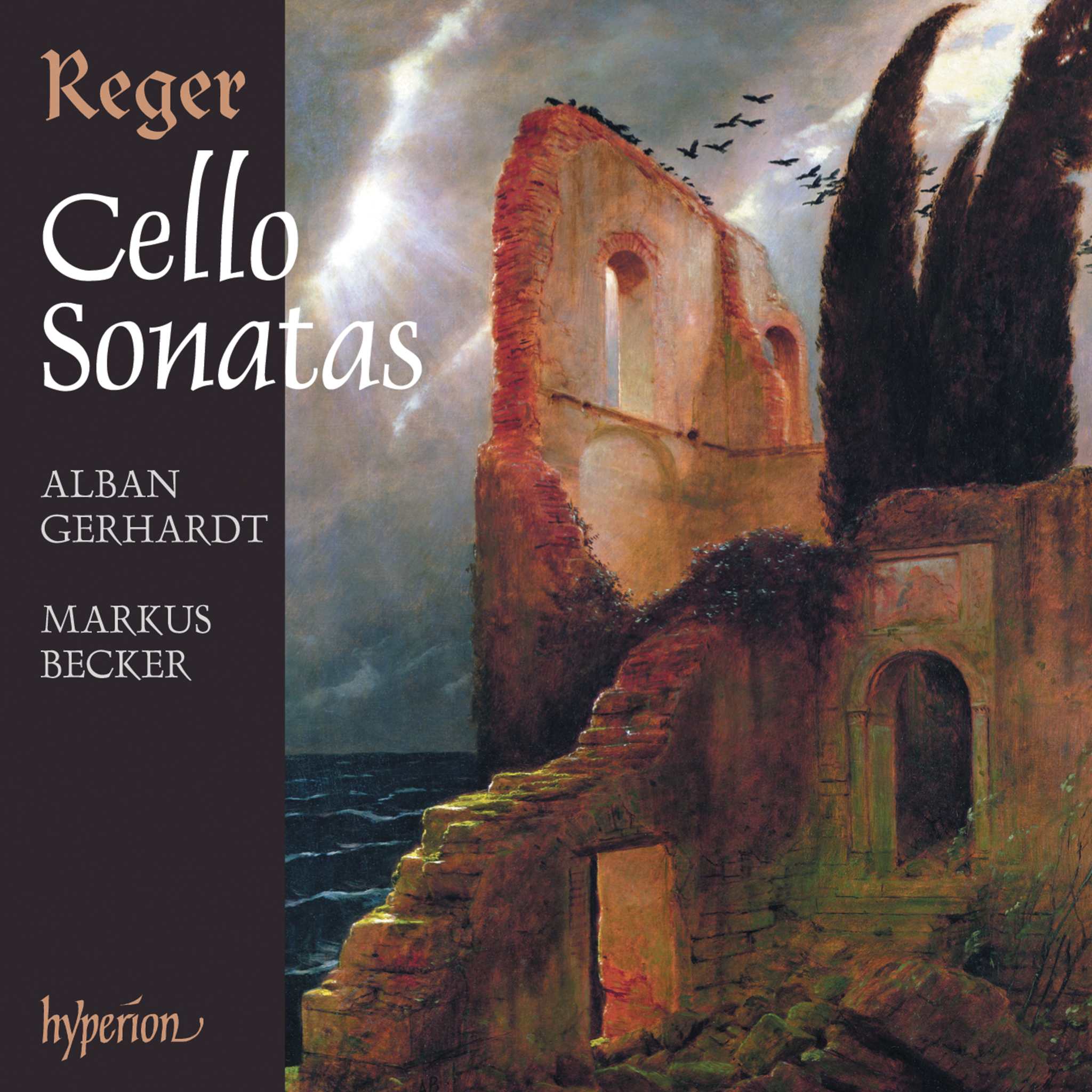Albums
About
Max Reger

"I can say with a clear conscience that of all living composers, I am the one who is most closely in touch with the great Masters of the past", said Max Reger, and he had a point. Born in Bavaria, he became one of the most distinguished organists of his day. As a holder of official positions in Leipzig and at the court of Meiningen, he was one of the last representatives of Germany's centuries-old tradition of court kapellmeisters – producing sacred choral works and solo organ music (such as the massive Symphonic Fantasia and Fugue Op.57) that continues to hold a central place in the modern German tradition.
But after a boyhood visit to the Bayreuth Festival in 1888 he came to see composition as a wider vocation, and his catalogue (over 200 pieces in total) contains lieder, piano music, and a substantial body of chamber music that included solo sonatas and suites for unaccompanied violin, viola and cello. He never approached opera or the symphony, but his richly-coloured, late Romantic orchestral works – including the Romantic Suite (1912), the Four Tone Poems after Böcklin (1913) and Mozart Variations (1914) – are symphonic in scale. He died, suddenly, aged just 43. His Clarinet Quintet, Op.146 – almost his last published composition – has an elegiac lyricism that marks it out as a masterpiece.









